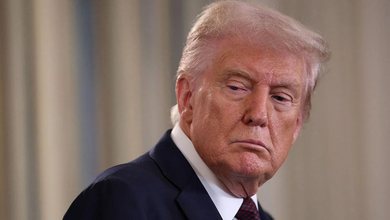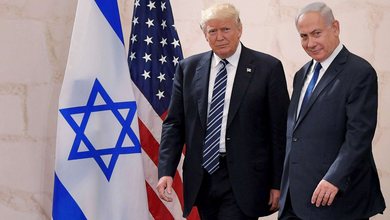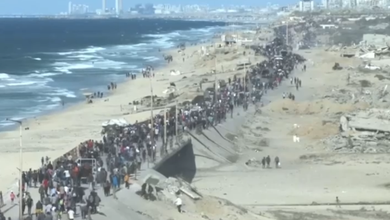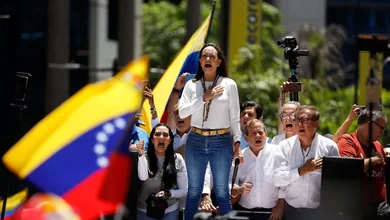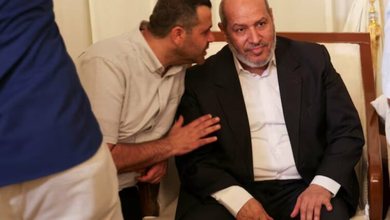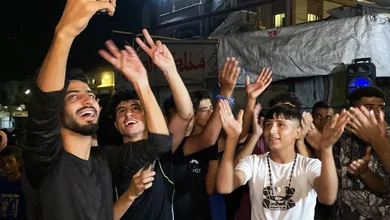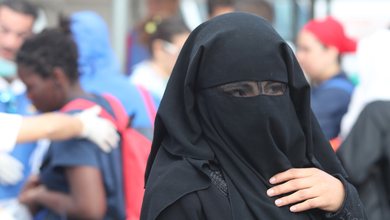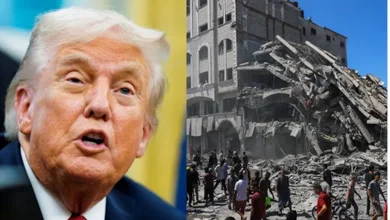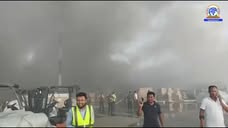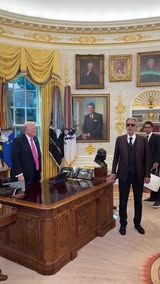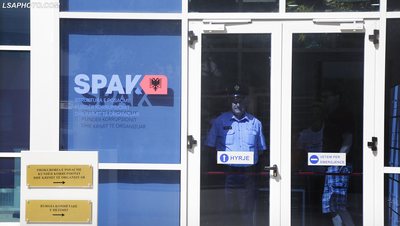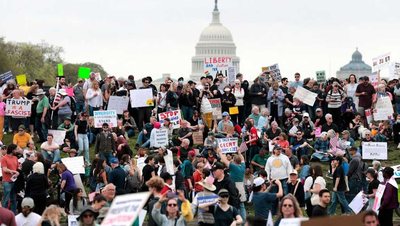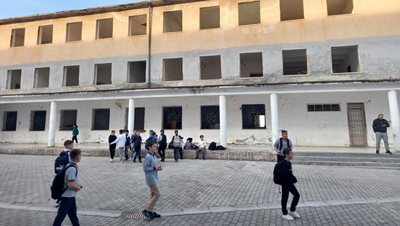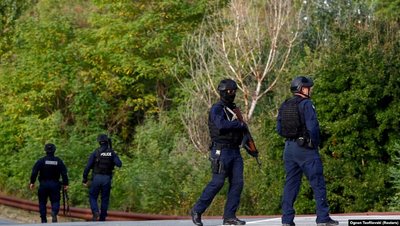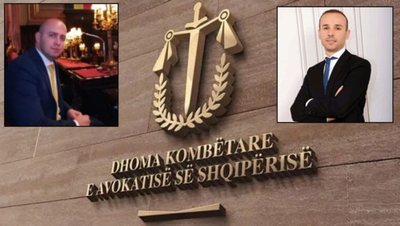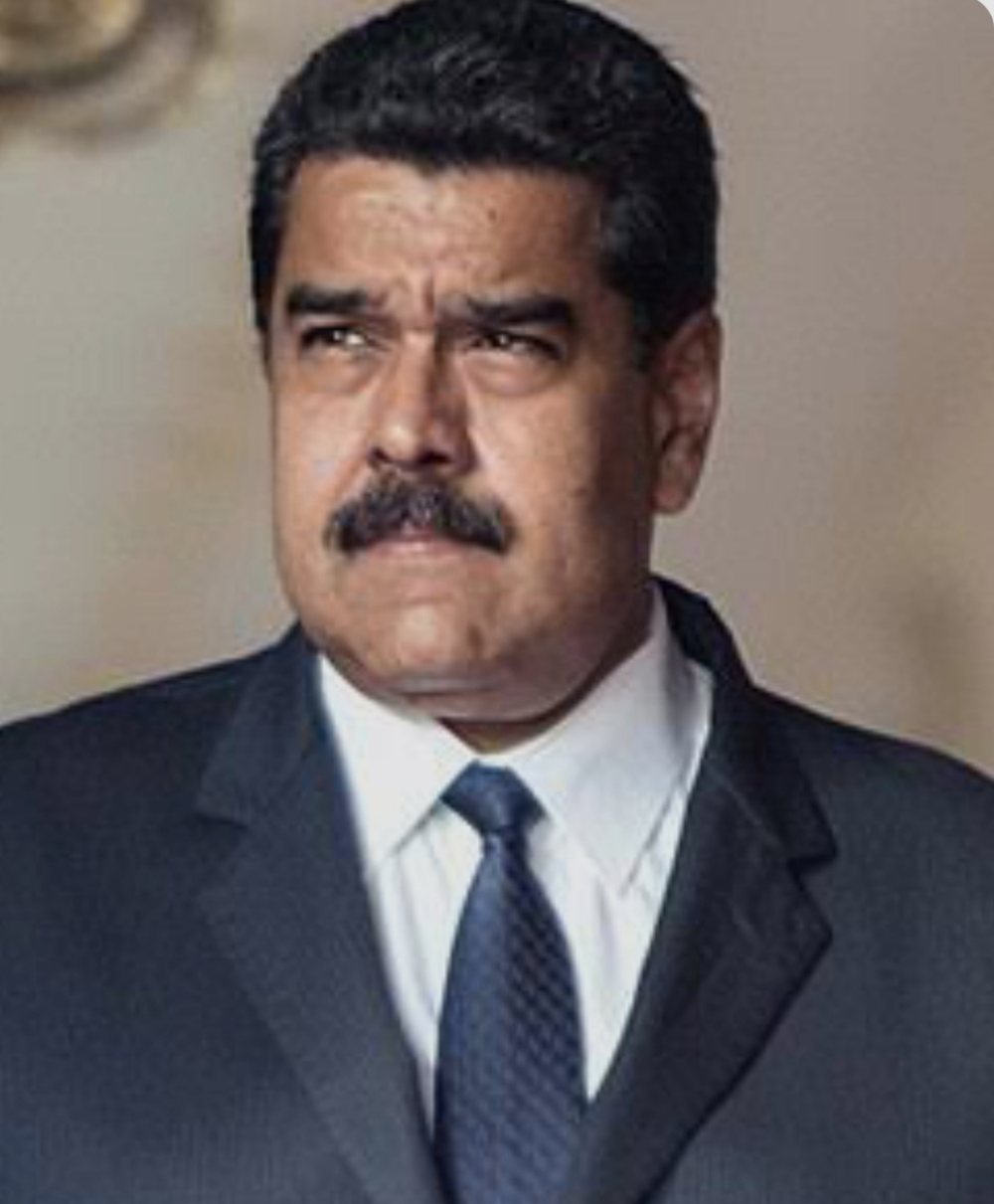
The government of Nicolás Maduro, in an effort to end the long-running conflict with the United States, has offered the Trump administration broad control over Venezuela's oil reserves and mineral wealth, according to sources close to the negotiations that lasted several months.
According to the New York Times, the proposal from Caracas remained on the table even as Washington labeled the Maduro regime a “narco-terrorist cartel” and strengthened its military presence in the Caribbean. The offer included the total opening of all current and future oil and gold projects to American companies.
Maduro was willing to shift oil exports from China to the United States, offer preferential contracts to American companies, and limit cooperation with China, Iran, and Russia in the energy and minerals sectors. However, the United States rejected the proposal and severed all diplomatic contact with Venezuela last week, a development that, at least temporarily, ended the secret talks.
Meanwhile, the US military buildup and the aggressive rhetoric of President Trump's officials have led many analysts to believe that the ultimate goal remains the overthrow of Maduro. Secretary of State and National Security Advisor Marco Rubio has been the leading voice of this line, calling Maduro a "fugitive from US justice" and an "illegitimate leader."
For its part, Venezuela responds publicly with harsh rhetoric and pledges to defend the "socialist revolution" launched by Hugo Chávez, while behind the scenes it continues to allow repatriation flights for migrants and seek restoration of relations with the US.
Talks between US special envoy Richard Grenell and senior Venezuelan officials focused on economic concessions, but no agreement was reached on Maduro's political future. Venezuelan Foreign Minister Iván Gil had declared that "the president will not negotiate his removal from power."
Meanwhile, Maria Corina Machado, the opposition leader who today won the Nobel Peace Prize, presented her plan in Washington, which foresees investments of 1.7 trillion dollars over the next 15 years, if the country moves towards a democratic transition.
Machado's economic advisor, Sari Levy, said that "what Maduro offers is not stability, but control maintained through fear."
Venezuela currently produces about 1 million barrels of oil per day, down from 3 million barrels per day under Chávez. Most of it is exported to China, with the exception of about 100,000 barrels per day that Chevron ships to the United States.
State-owned PDVSA has given Chevron full control over joint projects and is considering including it in new oil exploration fields. Caracas is also trying to restart relations with ConocoPhillips, a company that withdrew from the country in 2007, and this year contacts have been maintained about possible collaborations.
In May, the negotiations appeared to be nearing a significant diplomatic milestone. Grenell brokered the return to Venezuela of a minor child who had been left behind in the US after his parents were deported, while the Maduro government responded by releasing a US Air Force veteran.
Despite these signs of progress, Rubio strongly opposed any economic negotiations, considering Maduro's overthrow as necessary also to dismantle the communist regime in Cuba.
Despite the opposition, Chevron received permission to operate in Venezuela from the US Treasury Department in July. Later, another permit was granted that allows Shell to start extracting natural gas from the large offshore Dragon field by 2026, in cooperation with Trinidad and Tobago.
Maduro reportedly accepted a condition under which Shell would invest in social programs in Venezuela, rather than pouring revenue into state coffers, an attempt to show that the country remains "open to international markets."



